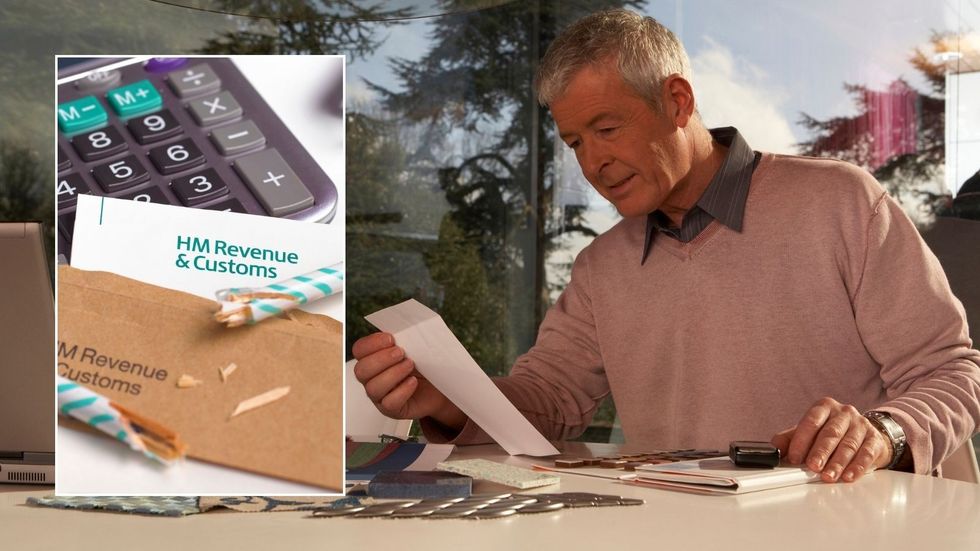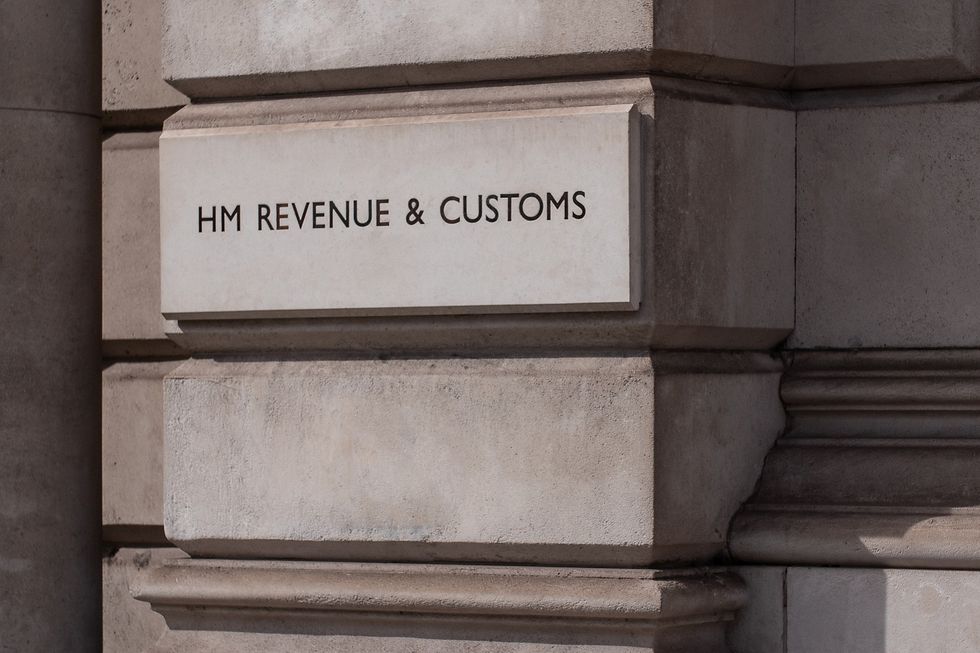Rachel Reeves says she has 'no plans' to publish tax returns
GBNEWS
Penalties of £100 will be sent from March 1 for those who failed to return their self assessment tax return by January 31
Don't Miss
Most Read
Trending on GB News
Millions of taxpayers could be hit with fines up to £900, as they pay "double the interest" on their late payment fee's to HMRC.
The warning comes as an estimated 1.1million Britons missed the self assessment tax return deadline on January 31.
HMRC has reduced its late payment interest rate from 7.25 per cent to seven per cent following the Bank of England's recent base rate cut from 4.75 per cent to 4.5 per cent.
The change, implemented on February 17, will affect 1.1 million taxpayers who missed the January 31 self-assessment deadline, HMRC figures show.
The new rate can offer some relief to those facing late payment charges, however experts warn in the grand scheme things, this is insufficient.

HMRC currently pays just 3.5 per cent interest on tax overpayments
GETTYAndy Wood, tax expert at Tax Natives said: "While this drop in HMRC's late payment interest offers some relief, it's hardly significant in the grand scheme of things.
"The real issue is that taxpayers still pay double the interest on late payments compared to what HMRC pays them in refunds. That's a fundamental imbalance."
HMRC currently pays just 3.5 per cent interest on tax overpayments, while tax payers pay seven per cent when they are late with their payments.
Britons face an initial £100 penalty for submissions up to three months overdue. After three months, daily charges of £10 are applied, potentially reaching £900.
LATEST DEVELOPMENTS:
At the six-month mark, an additional penalty of either five per cent or £300 is imposed, whichever is higher.
This same penalty structure repeats at the 12-month mark, with Wood warning that prolonged delays risk increased HMRC scrutiny.
HMRC collected £409m in interest charges from late payments last year, according to official data obtained through a Freedom of Information request.
This figure represents a threefold increase from 2021, when the revenue stood at £131.9m. The surge comes amid ongoing probate delays and an upcoming inheritance raid that will bring pensions into the tax net from 2027.
Chris Etherington of RSM accountancy firm noted that late payment interest has become "an increasingly important source of revenue for HMRC."
Laura Suter from AJ Bell explained: "We've seen an increase in recent years of people not paying their tax bill on time and being hit with a penalty. For many, this will be because they can't afford to pay the bill, having not set money aside for the payment."
An HMRC spokesperson defended the interest rates, stating: "The interest we charge and pay is fair. It ensures those paying late don't get an unfair financial advantage over those paying on time."
The tax authority currently charges 2.5 per cent above the Bank of England base rate for late payments.

The tax authority currently charges 2.5 per cent above the Bank of England base rate for late payments
GETTYFrom April, HMRC will increase its surcharge by 1.5 per cent to four per cent, pushing the total late payment rate to 8.5 per cent.
This increased rate will generate an additional £215m annually for HMRC by 2029-30, according to official figures.
The revenue boost comes alongside other tax measures, including frozen income tax thresholds and reduced capital gains tax annual exemption.
These changes are bringing more taxpayers into the self-assessment system, potentially exposing more people to late payment penalties.







